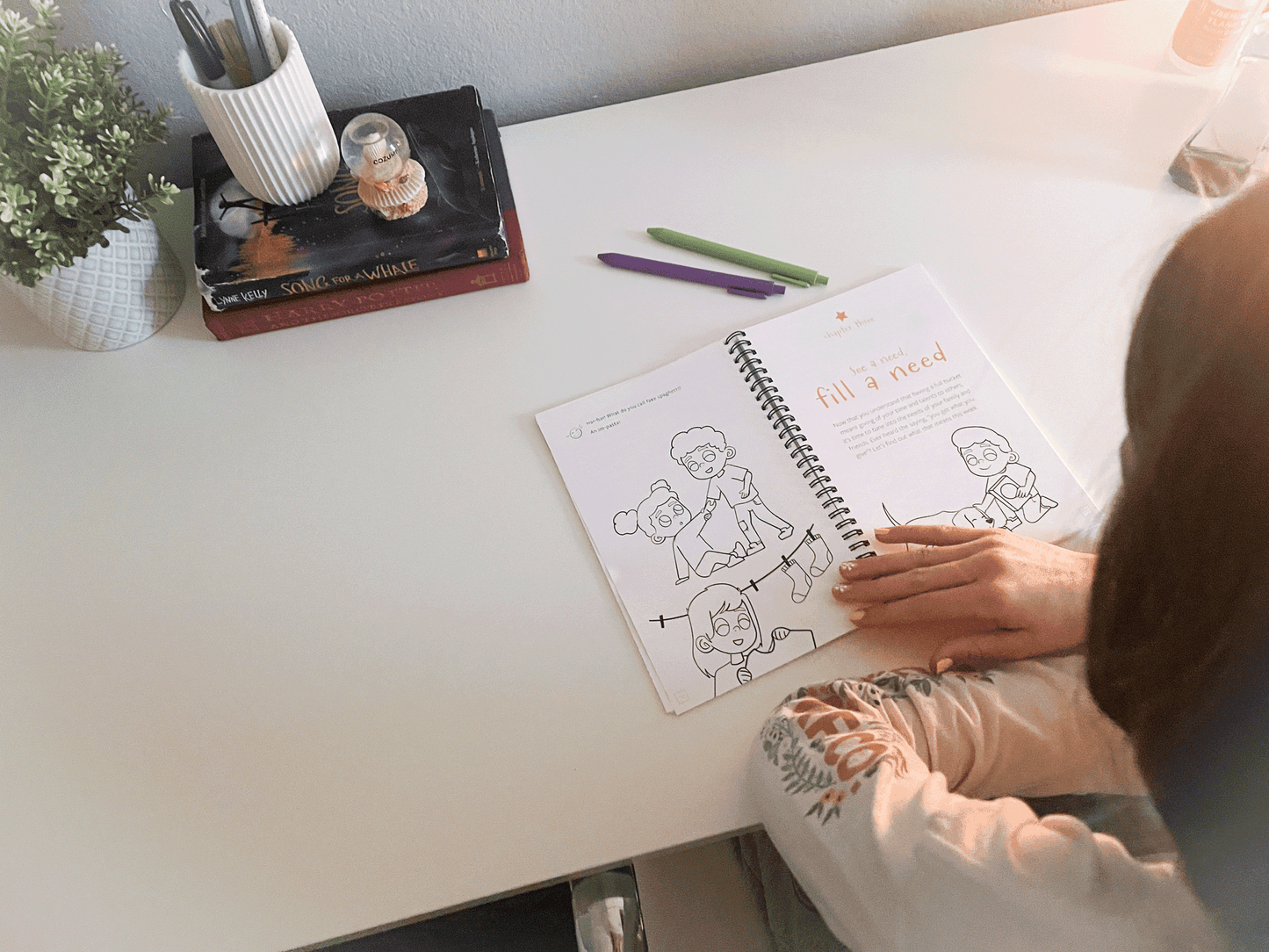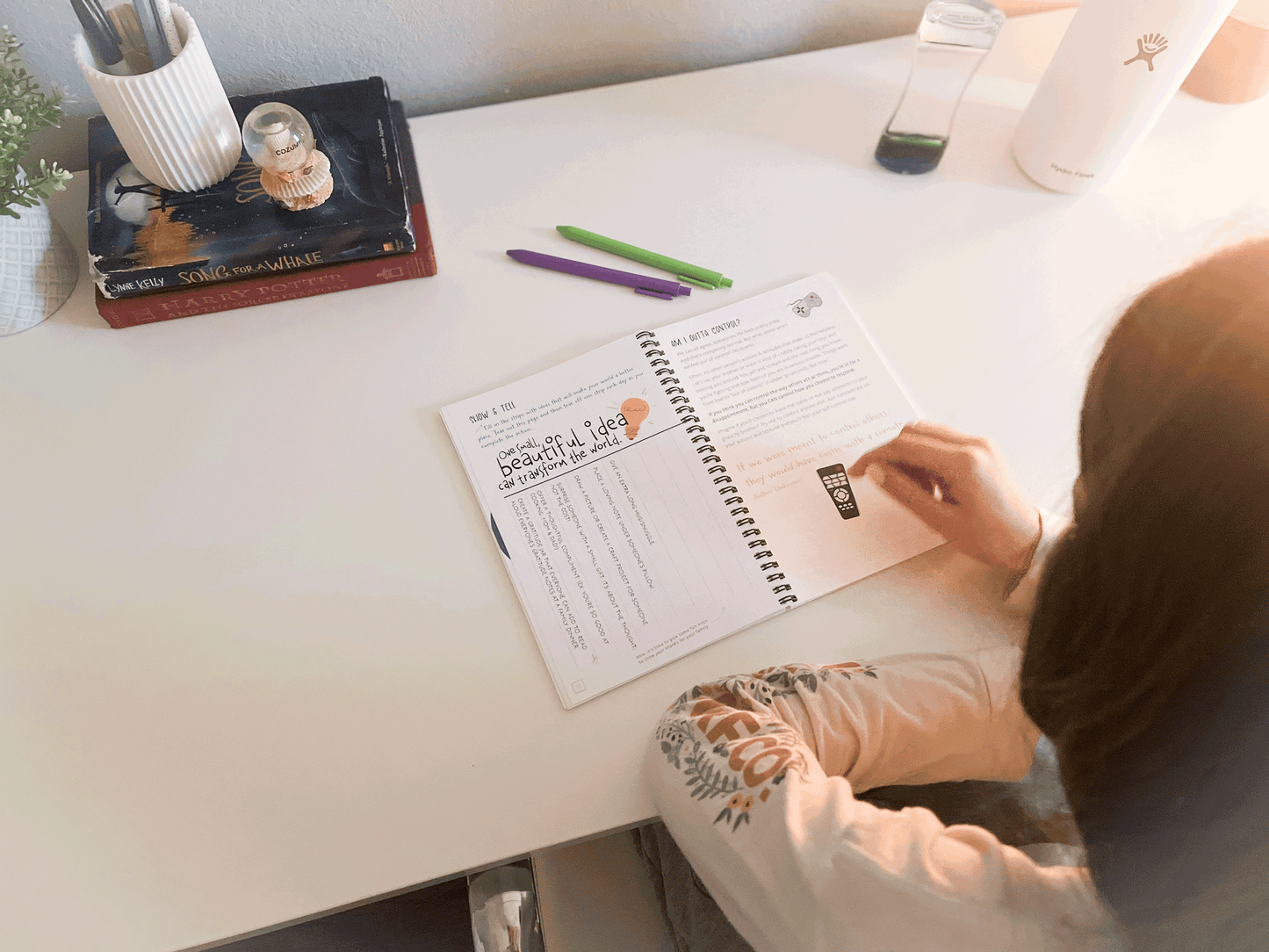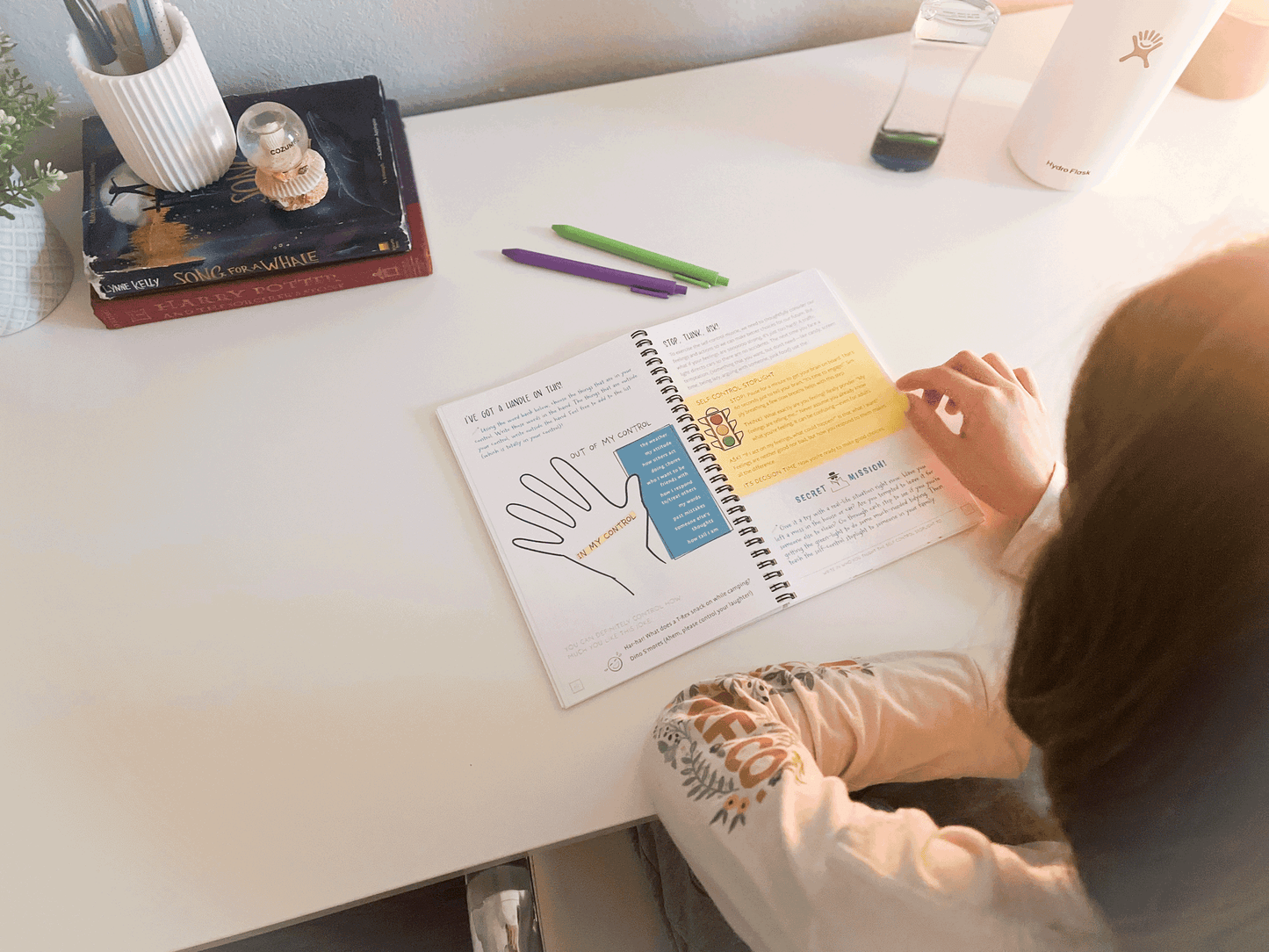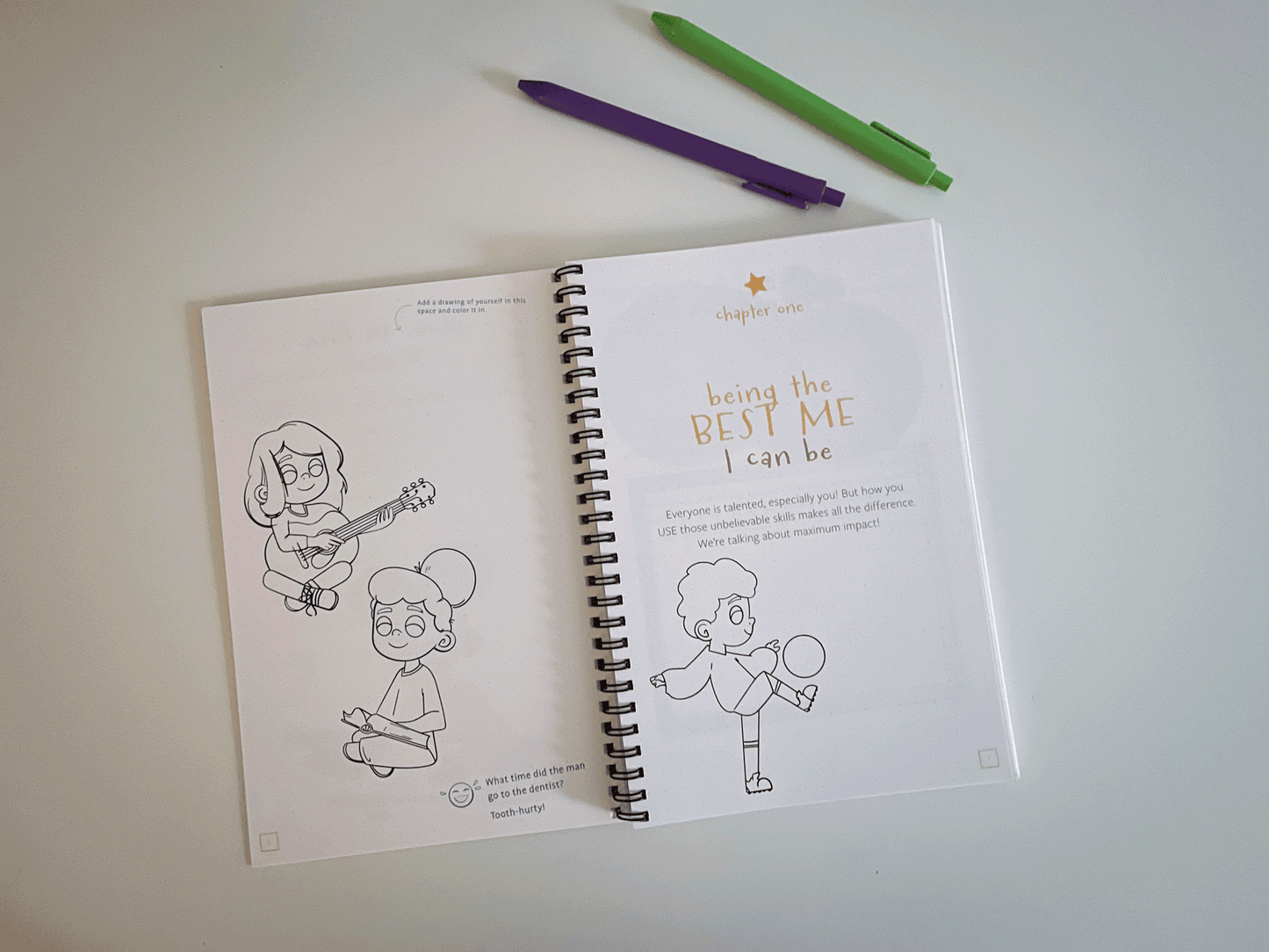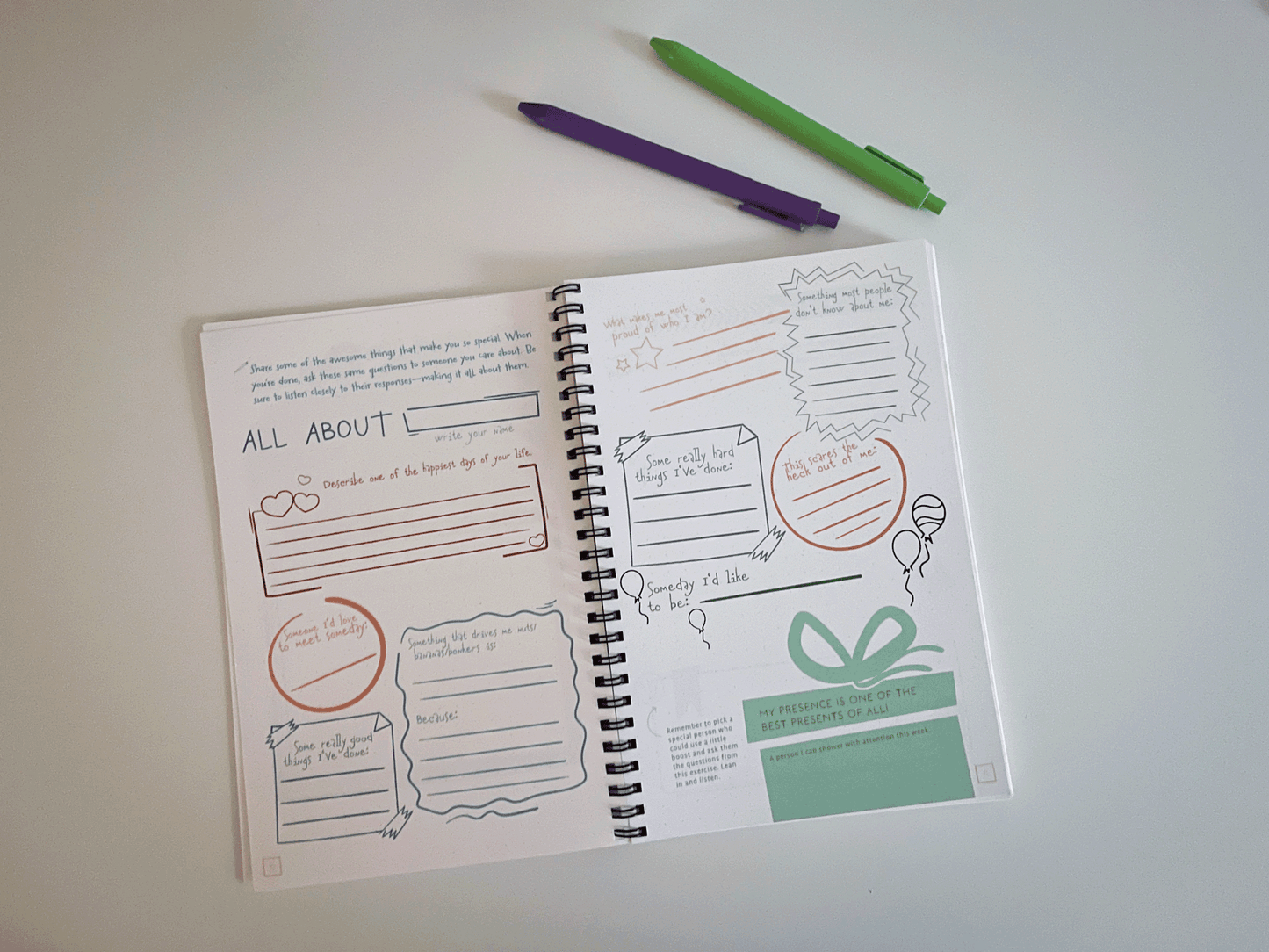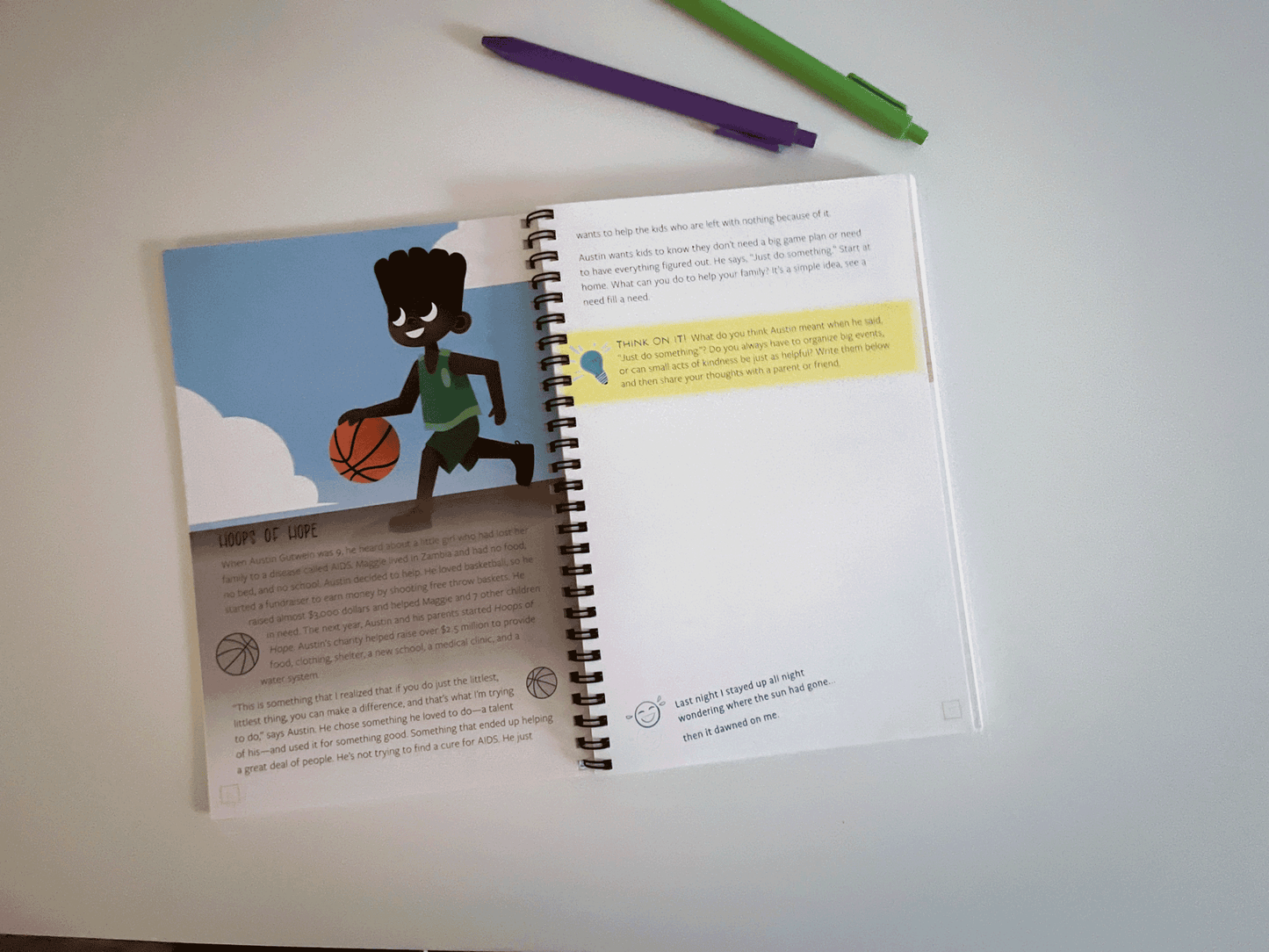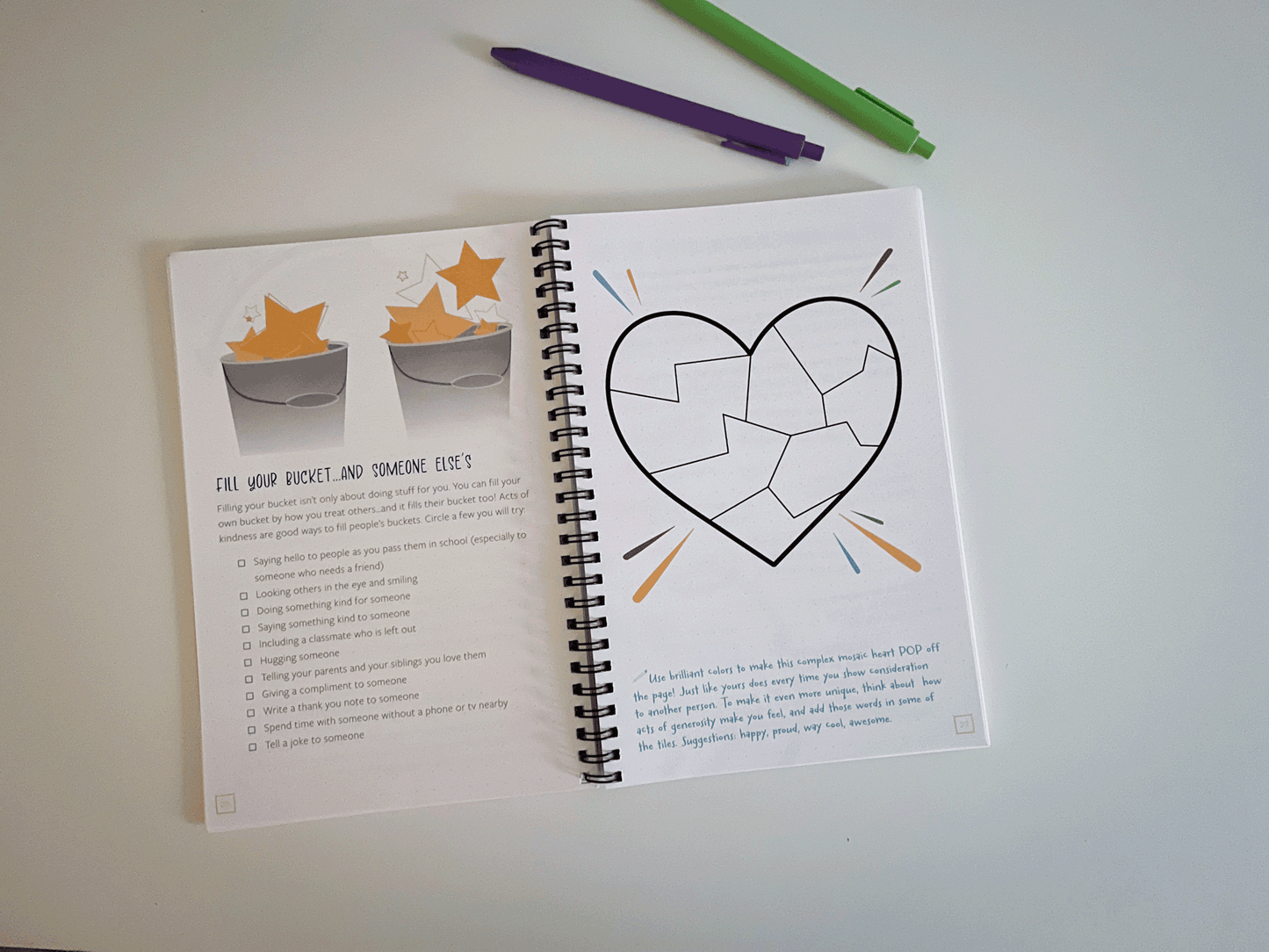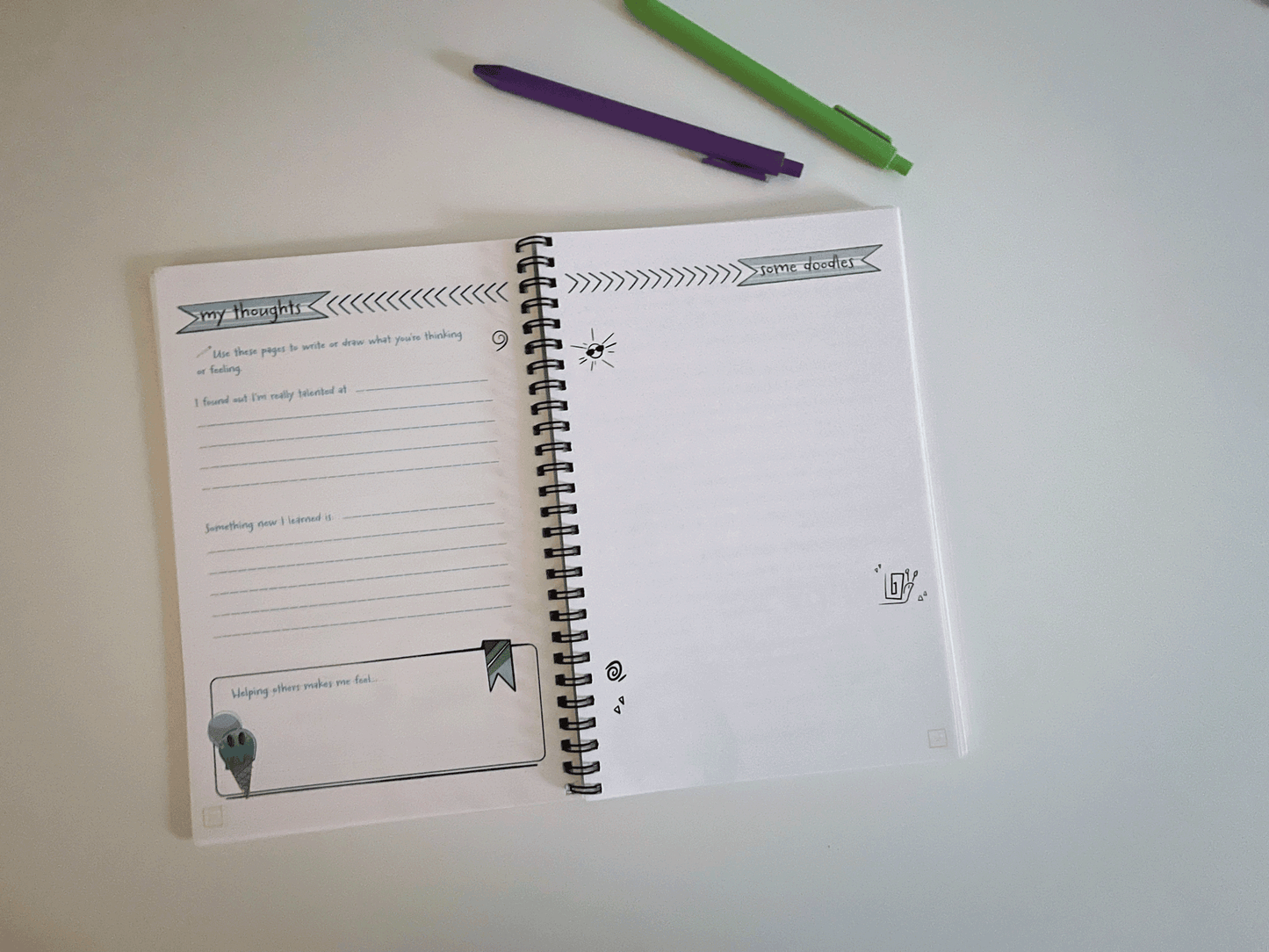Check This Box If You Want a Happy Family!
Mary Jo Gerd3 Simple Tips to Stay Optimistic Even If You’re Feeling Down
Remember those fun notes we’d pass as kids?
☑︎Check the box if you like me.
☐ Yep
☐ NOPE
☐ Maybe
Like it or not, the answer could have a major impact on our social standing for the whole year. Gulp. Thank goodness middle school is over!
As adults, there’s another question that carries even greater significance in our overall happiness as individuals and as a family.
Pick one:
☐ I expect more good things to happen than bad things.
☐ I rarely count on good things.
If the top response resonates more with your mindset, you’re an optimist.
If you identify more with the bottom answer, you’re probably a pessimist.
Many of us land somewhere smack in the middle.
Why does this matter?
As members of a family, how we interact/communicate with one another is important. Understanding the mindset of our spouse, children, and our own brains can go a long way towards improving our relationships with one another.
Last week, I blogged about everyone’s natural “negativity bias.” It turns out we all have an anthropological inclination for pessimism which dates all the way back to evolution. Being constantly on the lookout for threats and danger actually helped us survive the dark ages. Can you say, “Caveman Crabbiness?” But in our current modern culture, this tendency to see the bad instead of the good leads to all sorts of problems—stress, health issues, tense relationships. Instead of helping our survival, it’s wearing on us. Don’t know about you, but in my little corner of the world, it feels like everyone’s tapping a little too much into their primitive inclinations—consistently looking for the flaws in their fellow human beings, rather than regarding them with eyes of compassion and respect.
And yet, there’s hope on the horizon! Many of us can point to at least one person in our lives who remains cheerful and upbeat no matter what’s going on around them. In fact, I’m thinking of her right now and just the thought of her makes me smile. She is one of those rare individuals who is an eternal optimist. Why is it that people like her can shrug off all the negativity that is so pervasive and remain joyful, while often I prefer to wallow in the pain?
Some of it's genetics—we're born with a particular temperament which means we can be more pessimistic and see situations through a “glass-half-empty lens.” Our past experiences also contribute to our mindset. If we’ve had a tough childhood, that can influence our mindset. But according to some key researchers, those factors account for just 50 percent of our attitude.
That’s good news for all of us!
It means we have significant control over our minds and overall outlooks on life. With modeling from us, our children can actually learn to make a habit of being optimistic. And it’s never too late for any of us to make little changes that add up to more positivity over time. Keep in mind, the more optimism we practice as a family, the more impact character strengths like gratitude, generosity, and respect will have in our day-to-day lives. Looking on the bright side means we will naturally experience more virtue as a family. So, bring on the good cheer!
Tap into more optimism today with the following tried and true practices. If you’re one of those affable people who already lands squarely in the optimistic camp, yay for you, but be sure to take note. These tips will be helpful for you to build understanding and compassion for a partner or child who struggles to stay positive.
3 Practices to Bolster Optimism in Family Life:
According to WebMD, a study that asked participants to imagine a “best possible self” showed that doing so can improve optimism. By creating an ideal relational, personal, or professional context, levels of optimism in participants remained high regardless of their moods. We could help our children/spouse by asking probing questions that lead them to consider their “best self” scenarios. “What are your strong “best-self” qualities that can help you solve this problem?”
People who are highly active are more optimistic. They also have higher self-confidence and less anxiety. So incorporate a walk, sprint, or some calisthenics in your daily/weekly routine. Make sure your kids see you so they understand the link between your emotional health and getting your heart pumping. Encourage them to get plenty of outdoor time. If your spouse is trying to overcome negativity, offer to partner with him/her in exercise. It’s always more fun to have a partner. Not only will you bond as a couple, but you’ll both improve your mental/physical well-being.
Tag—you’re it! Our moods and emotions can be contagious, so we should go out of our way to be with people who uplift us and offer positive examples of optimism and hope. Gravitate to people who use words to build up rather than tear others down. If you don't have a lot of friends/family who look on the bright side, read stories of triumph and overcoming incredible odds. Good stories can become the narratives by which we live. This is great for kids too. Find biographies at the library that offer insight into living a positive attitude. Point out examples of famous figures, friends, or neighbors who have overcome outward complications and chosen to stay optimistic. Catch your children remaining positive and praise them for it!
Ultimately, being a contributing family member isn’t about just checking boxes. We need to remain intentional. That means each day we have to show up and choose optimism and positivity, knowing that our partner and children are watching. And the only way to consistently make better choices is to practice! When we offer cues for more hope & positivity, we lead our whole family on a path towards building lasting character strengths. So go get ‘em mom and dad—You’ve got this!
If you have an issue you’d like our help with, drop us a line at Hello@FamiliesofCharacter.com. If you’re experiencing a problem, chances are thousands of other families are in the same boat. We’re ALL in this parenting boat together!
Remember to tap into our Thrive Community on Facebook. It’s free and our team’s very own clinical counselor offers helpful tips and encouragement to parents who are adventuring together.





